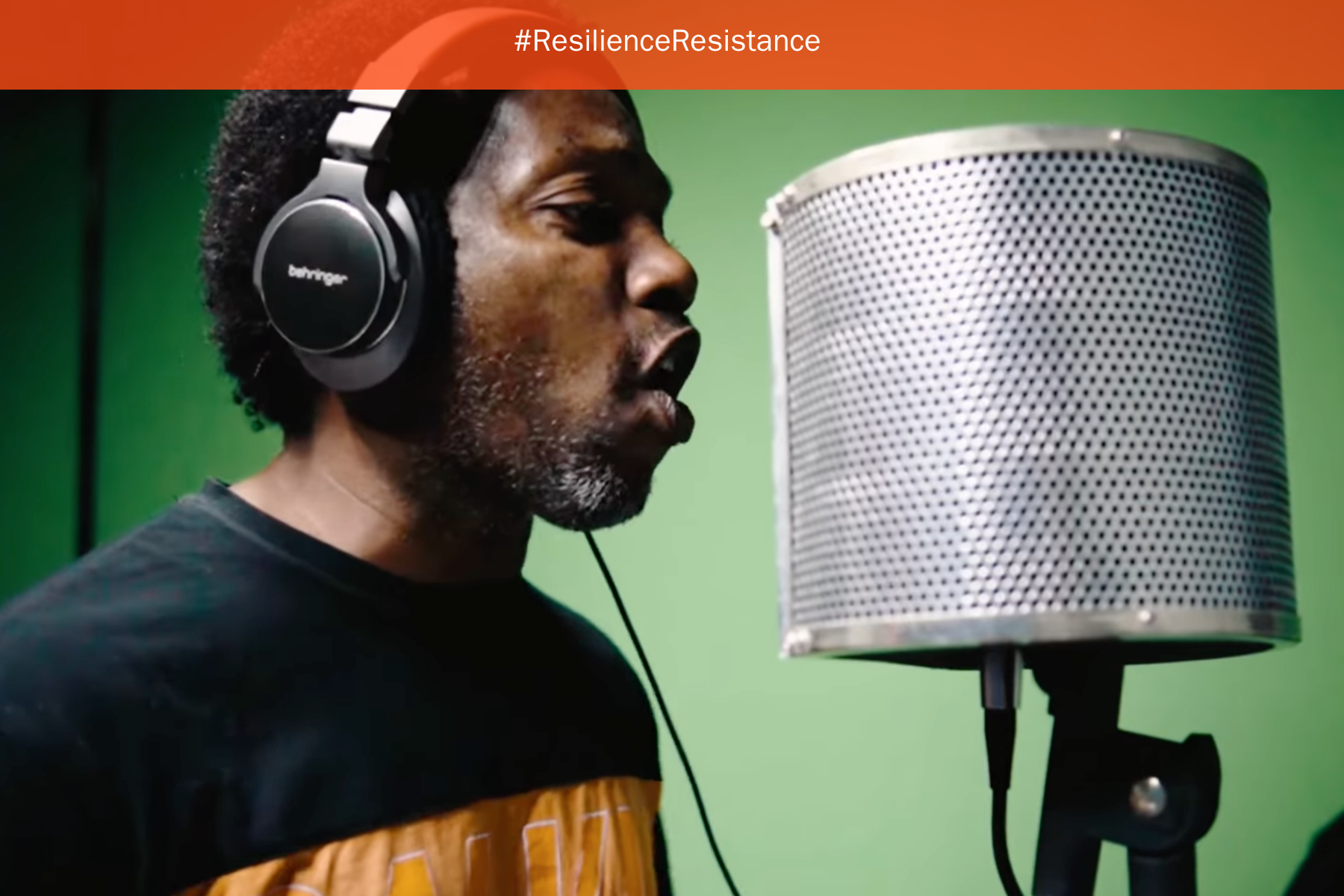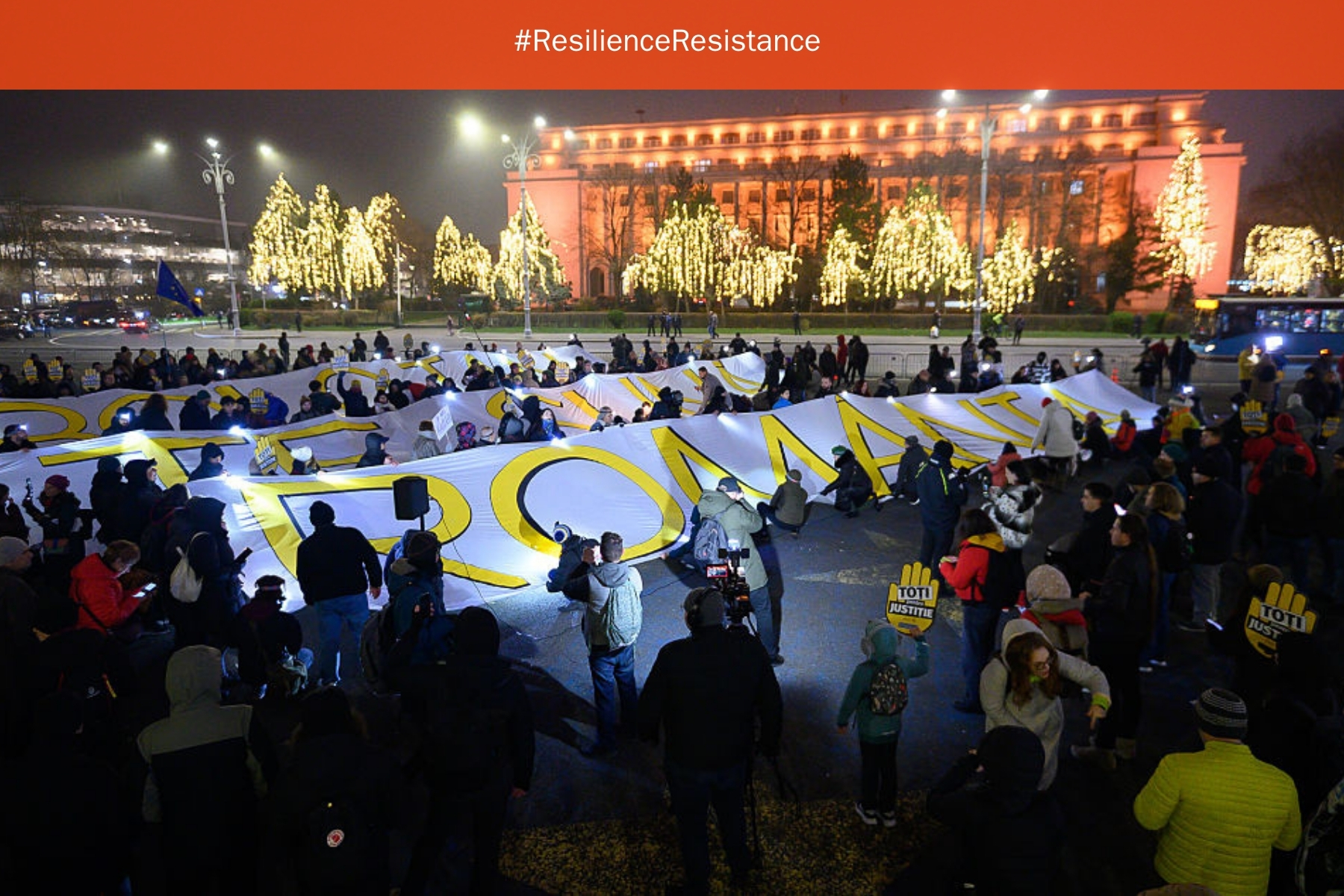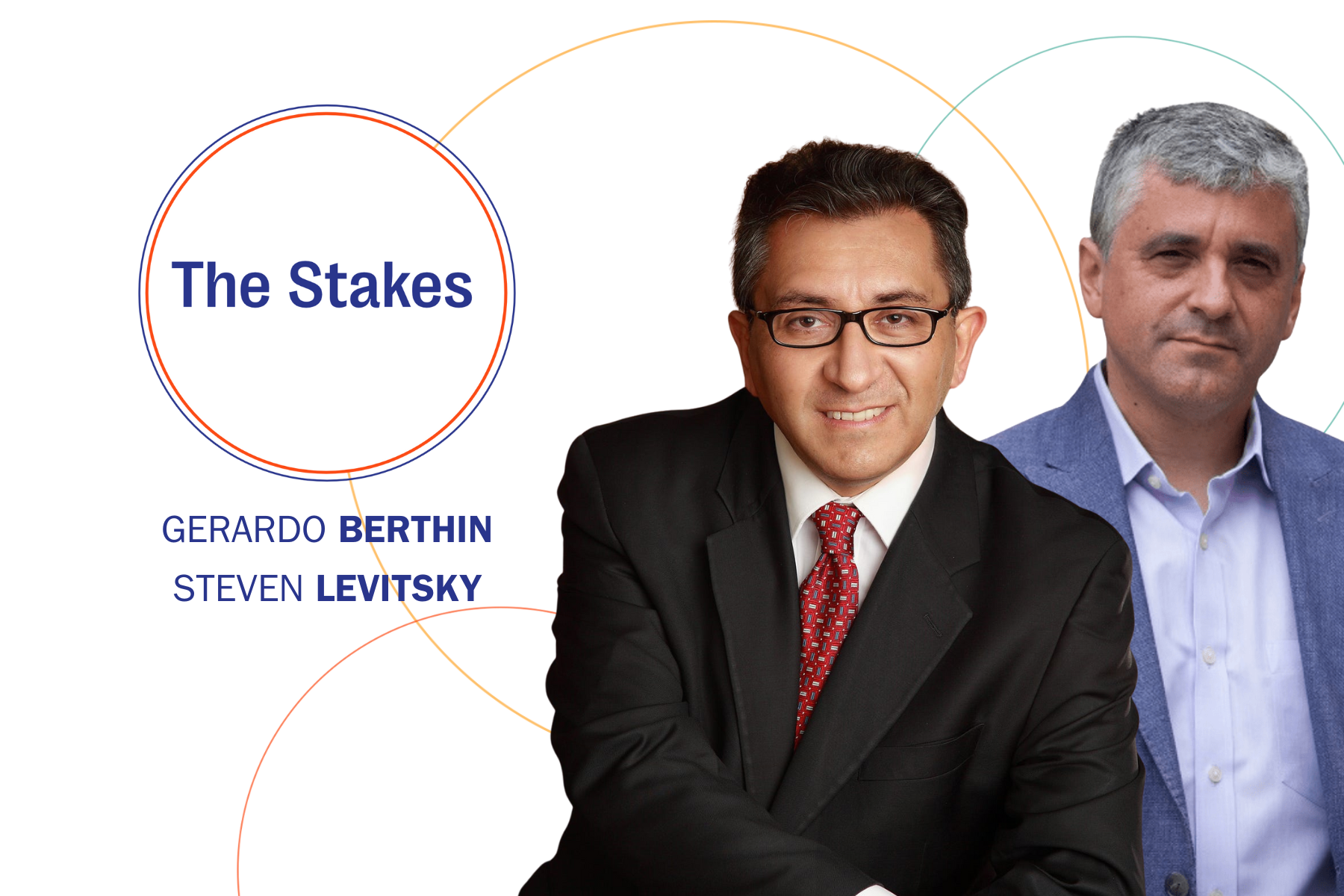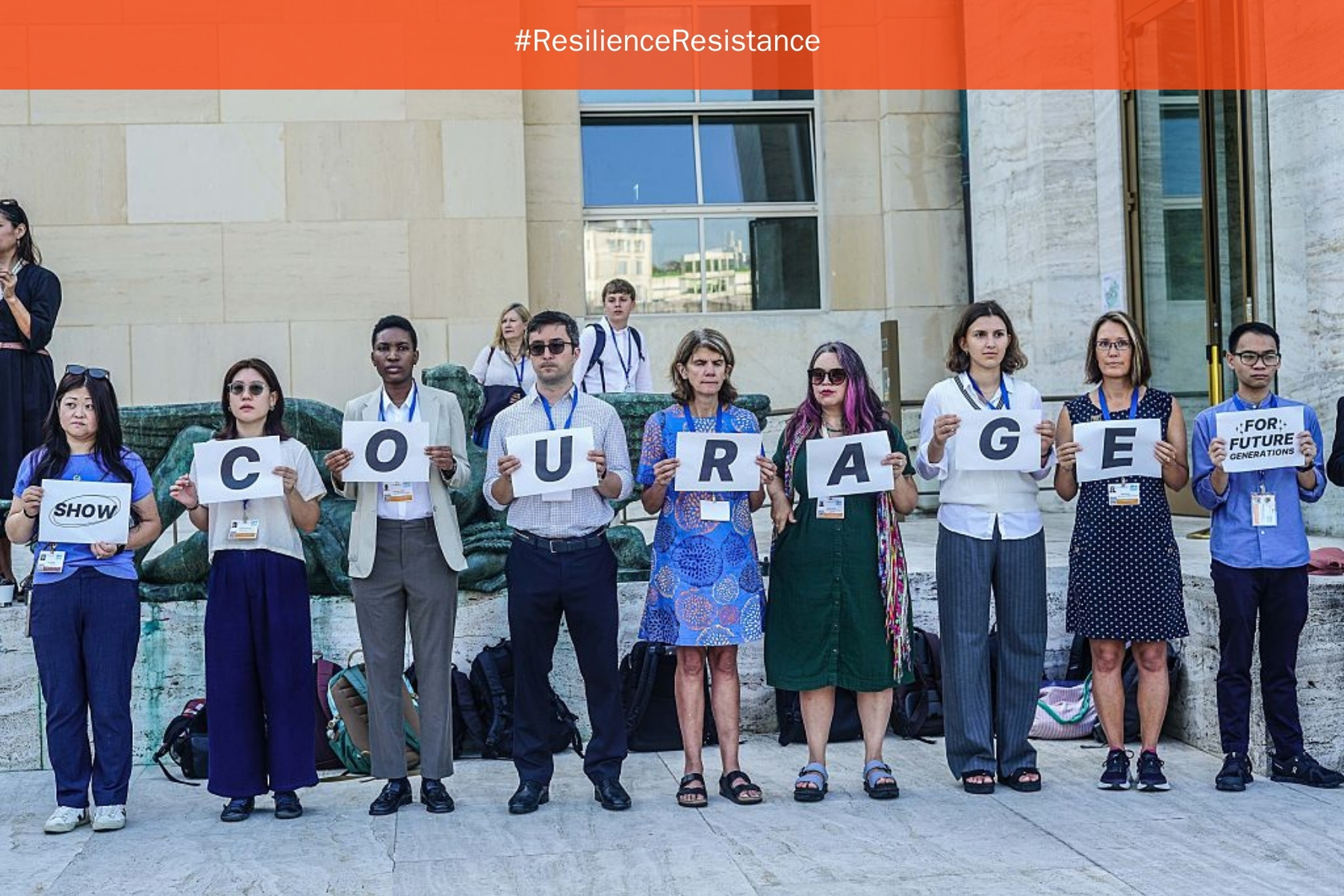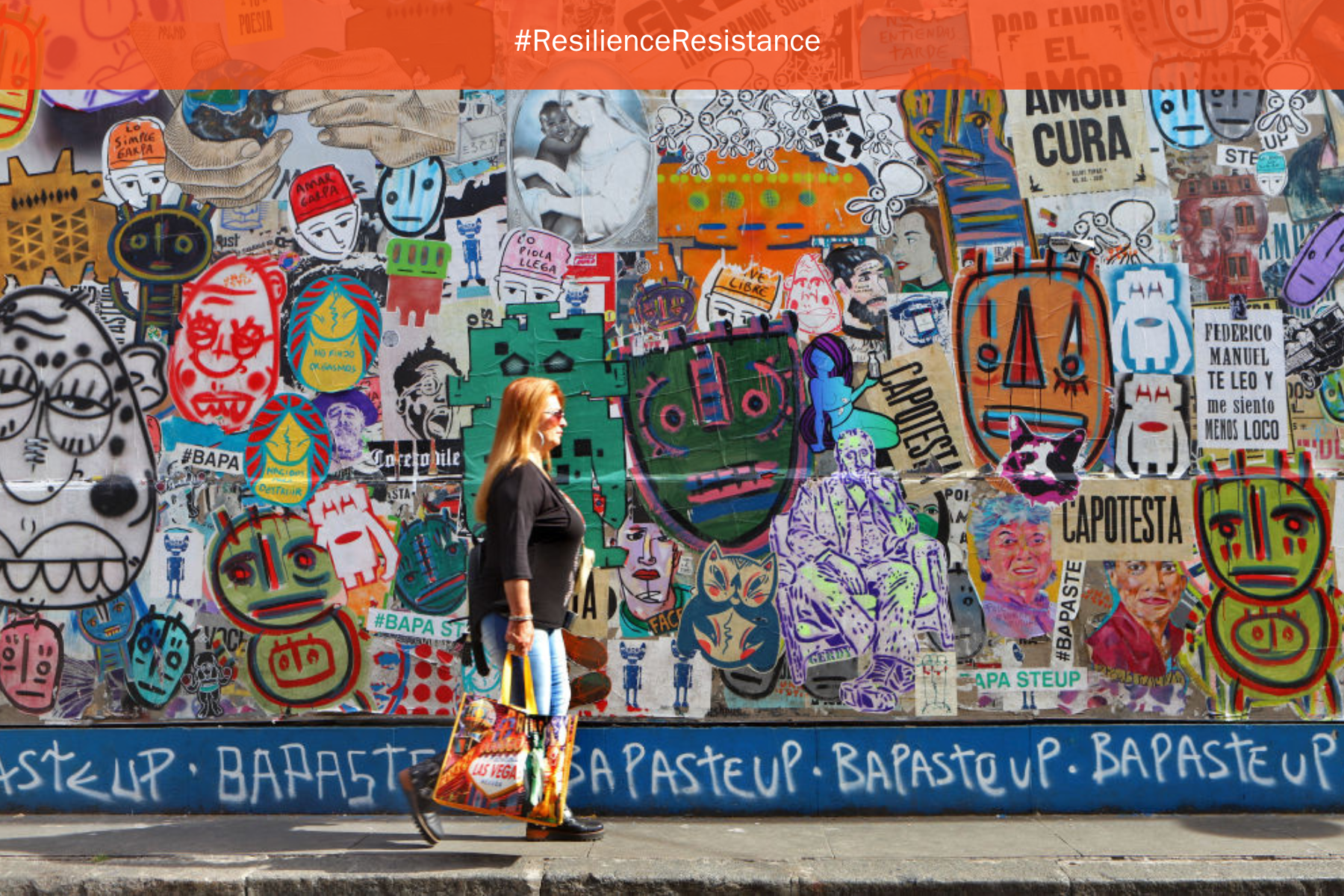Why Democracy Keeps Losing to Illiberalism—and How to Fight Back

Illiberal leaders rise, fall, and sometimes crash. Yet, the illiberal movement itself continues to gain ground. The current moment again feels like the pendulum is swinging back to the center. But beneath the surface, a deeper crisis continues to erode democratic politics. Unless we reinvent democracy, the illiberal wave will keep coming back.
The Illiberal Pendulum
In Donald Trump’s first six months of his second term, he has managed what figures like Hungary’s Viktor Orbán and Turkey’s Recep Erdoğan took a decade to engineer. That in itself is harrowing. He has launched a full-scale assault on universities, migrants, scientific institutions, foreign aid, global trade, and the administrative state. Trump and his allies are masters of destruction.
But they are far less capable when it comes to building. Trump has shown little interest in forging a lasting social coalition to sustain his project. Repression and chaos alone rarely hold power. His support base is already fraying. His approval rating has dropped to 44 percent, lower than any predecessor at this stage, except for his own first term. His tariff war triggered financial turmoil and rising prices, alienating both workers and business elites.
Once again, the pendulum seems ready to swing back toward the center, giving Democrats another chance. At the same time, Trump’s frontal assault on America’s allies has energized democratic challengers elsewhere, giving centrist parties a boost from Canada to Australia. While illiberal forces remain strong in places like the UK, Germany, and Italy, Trumpism has also birthed its own liberal nemesis—a liberal backlash against the illiberal backlash.
As politics has morphed into a spectacle detached from mass organizations, politicians can rise to stardom overnight, only to fade just as quickly. The rise, fall, and rise again of illiberal populism in the UK is a great example. The populist hard right captured the Conservative Party and pushed through Brexit in a matter of years. But they failed to deliver much else. The pendulum swung back, this time to the political center, opening the door for the Labour Party’s Keir Starmer.
Yet Starmer is no visionary. His cautious centrism eschews any bold reinvention of democratic politics. His business-as-usual austerity measures are causing outrage, and his support is plummeting. Illiberalism is preparing for a comeback, this time from the outside. Nigel Farage and his Reform Party are leading the polls with 30 percent support—a warning sign of what happens when elites return to a failing model of democratic politics without a new model.
Danube Blues
Similar tremors are shaking the banks of the Danube. Orbán, one of the most iconic figures of the illiberal wave, is now facing the greatest challenges of his political career. For more than a decade, he held together a powerful coalition of working-class voters and billionaire elites that fused economic nationalism with crony capitalism.
But that model is crumbling. Hungary’s economy has been stagnating for years. Industrial production is declining. Chinese investments have failed to offset the decline of Western capital and the drying up of EU funds. The combined shock of the pandemic and the war in Ukraine has further battered real wages throughout much of 2022 and 2023. With the economic pie shrinking, Orbán has less to offer his inner circle. The loyalty he once bought with power and patronage is now cracking. Disgruntled insiders are leaking information to Péter Magyar, a former Fidesz Party insider turned democratic challenger, and breathing new life into Hungary’s opposition.
While the introduction of an infamous Putin-style “sovereignty bill” that would have effectively criminalized large parts of civil society and the media has so far been postponed, Orbán is always ready to pull new tricks from up his sleeve. He has already changed the electoral law multiple times. Pro forma independent state institutions are designed to stymie electoral challengers. Sweeping public smear campaigns are targeting the opposition, especially Péter Magyar, painting them as foreign agents. Many see this as laying the legal groundwork to cripple democratic challengers before they can threaten Fidesz’s rule at the ballot box.
Hungary hasn’t seen such a real chance to unseat Orbán in the past 15 years as it does heading into its 2026 elections. His defeat would crack open the political system and let in some much-needed fresh air. It would also deal a blow to the global illiberal movement, which has long looked to Orbán’s regime for inspiration. A loss in Budapest could energize democratic forces far beyond Hungary.
And yet, even this hopeful scenario comes with a warning. The pendulum could just as easily swing back. Even out of office, Orbán would leave behind a battlefield strewn with political landmines. His loyalists still control key institutions, from the prosecutor’s office to the constitutional court. His oligarchs command vast financial resources and stand ready to bankroll the next campaign. Dismantling this entrenched system and restoring the rule of law will be a monumental task. One slip, one misstep from a new government, and Fidesz will be ready to pounce.
As daunting as that sounds, the real long-term challenge runs even deeper: building democracies resilient enough to withstand the next illiberal wave. Even if the pendulum gives the liberal center a second or third chance, democracy won’t heal on its own.
The Triple Devaluation
Illiberalism emerged from profound economic, cultural, and political shifts that led to a triple devaluation: the erosion of material security, cultural status, and political voice. These are real, measurable crises that fuel frustration with democracy. When large segments of society lose hope for a decent life and fair opportunities, they stop believing in the system that failed them. If people feel democracy has turned its back on them, why would they defend it?
The loss of economic status, cultural devaluation, and the erosion of political voice are not random or separate trends; rather, they are interconnected and mutually reinforcing. It’s misleading to ask whether populism is mainly driven by economics, culture, or institutional fragility. These forces are intertwined and rooted in the structural contradictions of globalized capital accumulation. And more disruption is coming. Artificial intelligence may bring the biggest employment shock and threat to democracy in history.
In the United States, real wages have stagnated for decades while manufacturing jobs evaporated, fueling the populist revolt against the status quo. In Hungary, the same pattern played to Orbán’s advantage. The first signs of illiberalism appeared in economically left-behind provincial areas and small and medium towns well before his victory in 2010. While these regions suffered from increasing mortality, deindustrialization and income loss, the parties of the liberal center continued to sing hymns about the benefits of globalization, detached from the everyday experience of economic insecurity.
The list of countries experiencing economic woes and a populist backlash is long. Germany’s wage stagnation has helped hollow out trust in the political center. In South Africa, voters disappointed by decades of broken economic promises are turning away from the African National Congress towards populists. And in Tunisia, democracy brought no relief to the everyday struggles that sparked its revolution, so voters abandoned the parties that once embodied democratic hope.
Economic change hasn’t just devalued incomes. It has devalued skills, identities, and entire ways of life. Tectonic shifts in the economy have also reshaped how interests are represented, leading to a widespread loss of voice and growing distrust in elites’ ability—or willingness—to respond. When job security vanished, survival became the priority and communities dissolved. Individual values were made to feel obsolete, and it became harder to believe anyone was listening. Meanwhile, the professional class climbed into the orbit of globally mobile capital. Politics became the domain of expert pundits and economists prescribing policies from above. Ordinary citizens were pushed out of decision-making.
The triple devaluation captures holistically how these economic, cultural, and institutional dynamics don’t operate in isolation but instead form an interconnected polycrisis.
Democratic Revival beyond the Pendulum
While the triple devaluation creates the perfect conditions for backlash, someone still needs to stir the pot. Illiberal leaders have mastered the art of symbolic class politics. They craft narratives that fuse cultural resentment, economic frustration, and political alienation into a single story. They present themselves as folksy outsiders who have been scorned by the elite, rail against immigrants and intellectuals to rally cultural conservatives, and invoke economic nationalism to win over disillusioned workers. Much of this rhetoric is laced with racism and xenophobia, but its outer layers are often economic. Many voters aren’t drawn to the hatred. They’re drawn to the promise of dignity and control.
But the rise of illiberalism is not just about cunning demagogues. It’s also about failure on the other side. Democratic elites have repeatedly missed the warning signs. Left-of-center parties shifted right on economic policy. Liberal leaders waved away growing anger as ignorance or prejudice. Too often, they focused on defending the status quo instead of reimagining it. That blindness has been a gift to authoritarian opportunists.
Defending democracy today takes more than guarding institutions or expressing moral outrage. It requires a bold, socially rooted, people-centered alternative to the illiberal project. To save democracy, we need to rethink it, not as a set of static principles, but as a lived experience.
We need democratic systems and actors that put people at the center. That means overcoming the built-in elitism of liberal politics and bringing democracy back to the everyday where people live and struggle. We need to ground democratic politics in real issues that can unite us. We must reinvent democratic institutions so that they listen, include, and empower ordinary citizens. New technologies can be used to amplify public voices, foster genuine deliberation, and make participation more accessible and meaningful, from digitally empowered participation to new digital opportunities for pro-democracy campaigns.
Symbolic inclusion and open processes must be matched with a new socioeconomic deal that ensures prosperity is broadly shared. Investing in care work, green infrastructure, and public services could shift mature economies from expanding output to improving distribution and staying within planetary limits. Instead of beggar-thy-neighbor trade wars, we need stronger coordination between national and multilateral institutions, as well as better tools to tax and regulate corporations so that governments can rebuild their capacity to create stable jobs, strengthen organized labor, and reduce inequality. This new socioeconomic infrastructure is a must-have if we want to develop sustainable democracies.
Democracy thrives when it includes. Without new, transformative, and visionary politics for democracy, illiberals will continue to sell a false sense of belonging to those who feel abandoned, and too many of them will continue to buy it.
Gábor Scheiring is an assistant professor at Georgetown University in Qatar, where he researches democratic backsliding, economic inequality, and post-socialist transformations. He is the author of The Retreat of Liberal Democracy and a former member of Parliament in Hungary.
Resilience & Resistance is a Charles F. Kettering Foundation blog series that features the insights of thought leaders and practitioners who are working to expand and support inclusive democracies around the globe. Direct any queries to globalteam@kettering.org.
The views and opinions expressed by contributors to our digital communications are made independent of their affiliation with the Charles F. Kettering Foundation and without the foundation’s warranty of accuracy, authenticity, or completeness. Such statements do not reflect the views and opinions of the foundation which hereby disclaims liability to any party for direct, indirect, implied, punitive, special, incidental, or other consequential damages that may arise in connection with statements made by a contributor during their association with the foundation or independently.

